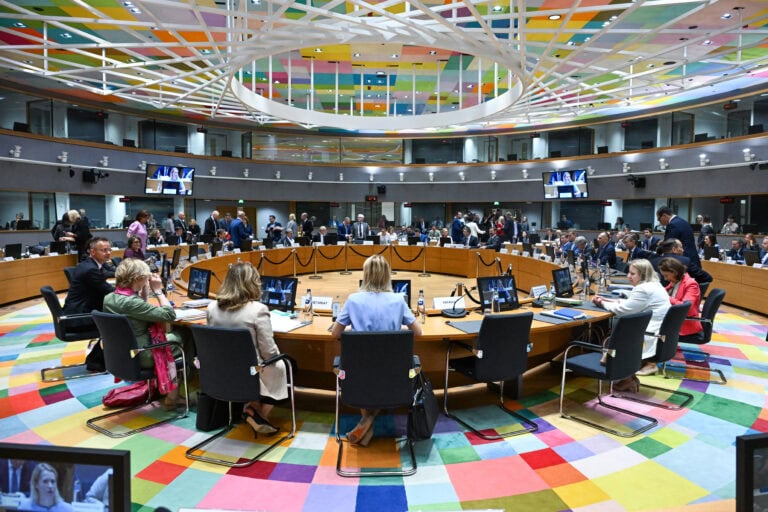The Implications of Sida’s Decision on Strategic Partnerships: A Conversation with Eva Ekelund
In a recent dialogue with CIVICUS, Eva Ekelund, Deputy Director of Act Church of Sweden, expressed profound concerns over the Swedish International Development Agency’s (Sida) abrupt decision to terminate existing agreements with strategic partner civil society organisations (CSOs). The decision to terminate these partnerships threatens critical human rights-based development initiatives and jeopardises the important work of development organisations in partner countries.
Sida’s Role and Recent Shifts in Strategy
Sida, the arm of the Swedish Ministry of Foreign Affairs tasked with managing Sweden’s aid budget, has traditionally focused on poverty reduction in developing nations through partnerships with civil society. Historically, these collaborations were sustained by multi-year agreements based on principles of inclusivity, local ownership, and transparency, fostering a predictable and flexible cooperation environment.
However, the landscape shifted dramatically on February 1, 2024, when the Swedish government introduced a new, one-year strategy for development cooperation, deviating from the longstanding practice of consulting with Swedish civil society in shaping such strategies. The abrupt change was followed by an announcement on March 29 that all agreements with its strategic partners would be terminated by the end of December 2024, a move that Ekelund describes as “unprecedented” and damaging to decades of trustful relationships with the civil sector.
Concerns Over New Selection Processes and Reduced Transparency
The new strategy ushers in a hurried and opaque selection process for new strategic partners, raising concerns about the thoroughness of future assessments. The rigorous reviews previously required for partnerships underscore the depth of commitment to effective and rights-based development initiatives, which are now feared to be compromised under the hastened procedures.
Broader Implications and the Role of International Community
The termination of these partnerships threatens to significantly impair the ability of Swedish CSOs like Act Church of Sweden and their international counterparts to advocate for and implement development initiatives. The decision could lead to substantial staff reductions and diminished collaborative efforts with global south organizations, particularly those operating in constrained civic spaces.
Eva Ekelund calls for international stakeholders to remain vigilant and supportive, advocating for a process that retains transparency, predictability, and accountability. ‘International calls for a predictable, transparent and accountable process and other forms of solidarity are needed. They’ll be key to avoid greater polarisation’
Looking Ahead
Despite the challenges posed by the Swedish government’s reform agenda, which notably shifts focus towards economic development and controlling migration, Ekelund remains hopeful. She emphasizes the necessity of transitioning to direct funding for local and national civil society organizations in a manner that is transparent and adheres to proven effectiveness principles, rather than being swayed by political agendas.
Read the complete interview with Act Church of Sweden’s Eva Ekelund here



